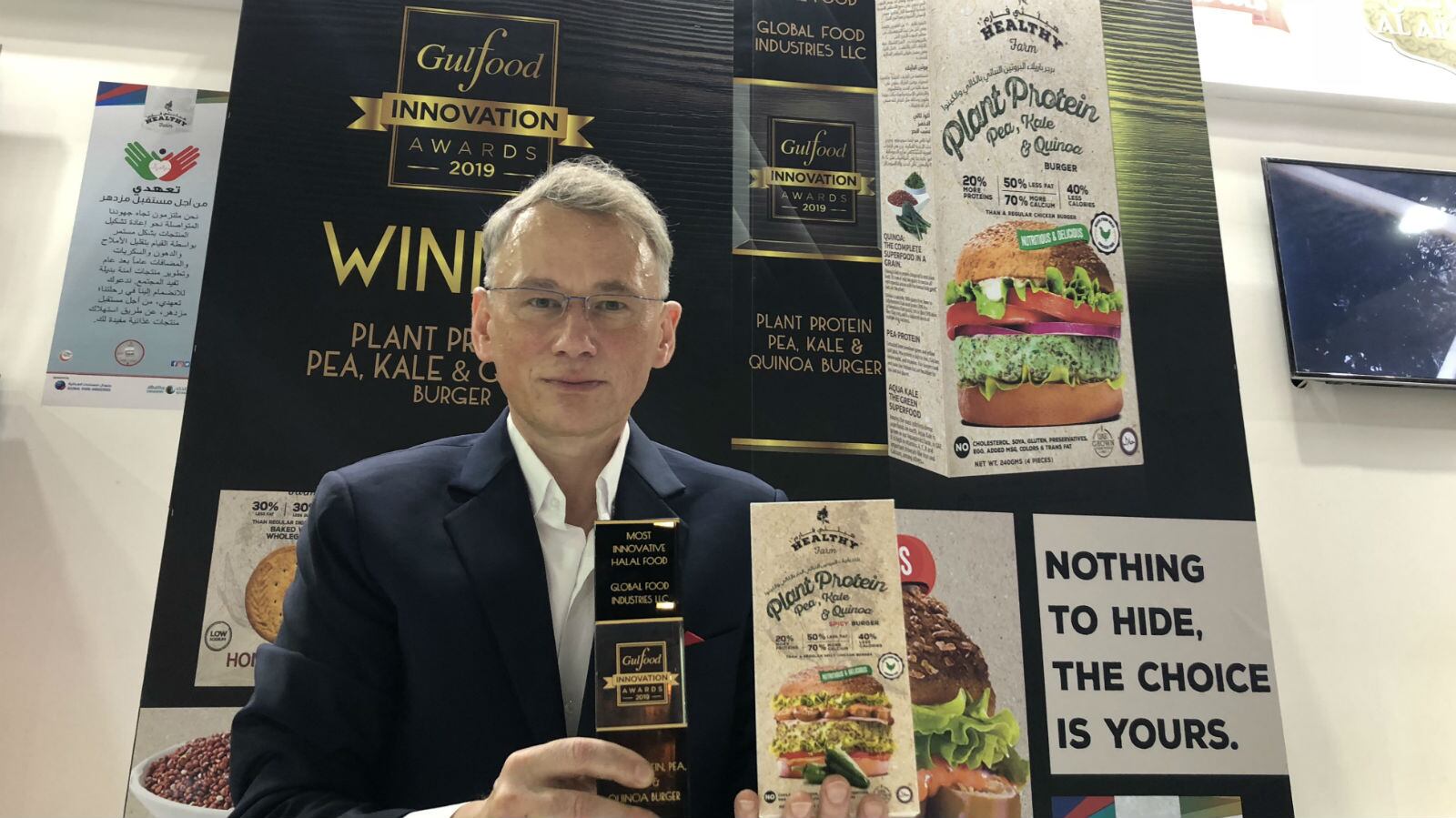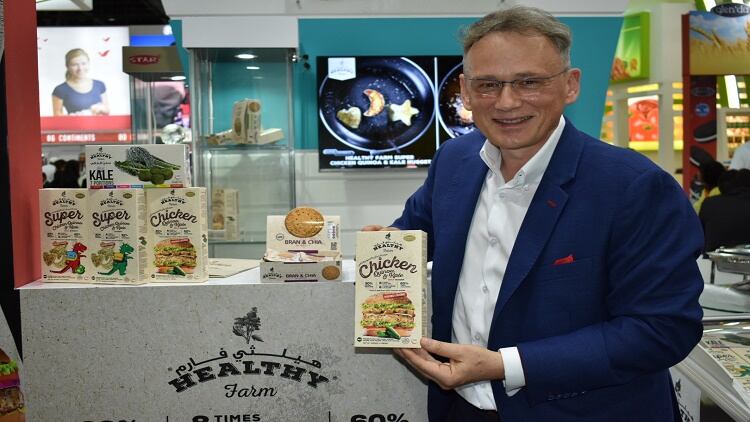The company mainly operates in the UAE market, although it does have some operations across the Gulf Cooperation Council (GCC), Iran, Africa, the United States, Europe and Asia markets.
“We are proud to be small in size but [very big on] innovation. We do not represent size or scale, but instead it’s about the speed of moving forward and innovating,” said Jacek Plewa, Global Food Industries General Manager.
“We run innovation in a very structured manner: From gathering the unique insights, to idea generation, to concept validation. [As such], 50% of our growth actually comes from innovation.”
“The UAE is our stronghold, it is our home market and where our focus is, it is where we launch the new products. [That said], based on our 2022 five-year strategy, we have selected several other ‘must-win battles’ markets which we [must conquer] over the next four to five years,” said Plewa.
In addition to its home market of UAE, these are Saudi Arabia (which has a much larger consumer base than the UAE) in about a month, the United States later this year, then China by 2020 and India by 2021.
“There are also plans to manufacture our healthy brand Healthy Farm locally in Asia, though these have not been finalised yet and we see it more in 2020 than 2019.
“We will operate in chosen markets with chosen categories – it doesn’t mean that we need to be everywhere with every single category, we will choose our battles depending on what is relevant in those specific markets,” he added.
The company has a diversified product portfolio across many categories, catering to a wide range of consumers from the value-oriented to the premium-seeking and health-conscious.
Healthy Farm – meeting health and wellness demands
The brand under which GFI markets its premium products catering to health-conscious consumers is Healthy Farm, which Plewa claims is ‘revolutionary’ in the Middle Eastern market.
“40% of children in the UAE are obese, 32% of the population has diabetes, and 40% of the population has high blood pressure. Clearly for us, we immediately realised that as an industry leader, we needed to address those issues,” he said.
“That’s how the Healthy Farm range was born, which is our first clean label product, on which we also declare we have ‘Nothing To Hide’, which is our brand promise and pledge. We use superfood ingredients and don’t use any preservatives, mechanically-deboned meat (MDM), colourants or added fat [to make the products healthier].
“We challenged the industry with this pledge, to reduce the salt, reduce the fat, reduce the sugar, reduce the calories, do something that is 100% natural, [and want to challenge the industry to join us in this effort too].”
For example, as opposed to a regular burger, the Healthy Farm Chicken Quinoa and Kale Burger contains 60% less calories, 60% less sodium, eight times less fat (1.8g versus the normal 15g), 30% more protein and six times more calcium.
The brand’s latest offering, the Plant Protein, Pea, Quinoa and Kale Burger won the Most Innovative Halal Food award at the recent Gulfood Innovation Awards 2019. The product is part of a complete new range launched under Healthy Farm called Never From Meat, which is produced using plant proteins.
“We realised that a plant-based protein diet is healthy, and research shows that people on this diet live longer. This is one of the fastest-growing categories worldwide, with 8.4% growth, which is much faster than the meat-based, which growth is pretty much flat,” explained Plewa.
He added that a plant-based protein diet not only provides health benefits, but also uses much less resources and as such is suitable for anyone concerned about the environment, sustainability or animal welfare.
The company is looking at products that will be allergen-free.
“[Even in the Pea, Quinoa and Kale Burger], we opted for pea over soya because there is a lot of research saying that soya is more allergenic,” said Plewa.
“Because allergies are on the rise, we’re looking at allergen-free products along with other innovations, and you are likely to see these in a year’s time.”
Trends and demographics in the Middle Eastern F&B market
According to Plewa, health and wellness is set to be a key trend in the Middle Eastern F&B market, but there are several others which must not be ignored either.
“Convenience [is a key trend] as people wish to have things much faster and less effort, and we’ve combined that in when developing our products and solutions. Here, it is also worth to capture e-commerce, which will at least double in size from US$25bn to US$50bn in the GCC across the next three to four years, by 2022,” he said.
“Sustainability is important, and clean label is of course another one – clearly people are moving away from artificial in general, concerned about sugar and fat intake.
Plewa added that the GFI target demographic looks at a ‘core generation’ of millennials, but they are also working on Generation Z, which is the next generation, as well as Generation Alpha, the generation after that via their educational and school programmes, which they intend to launch in China as well.




